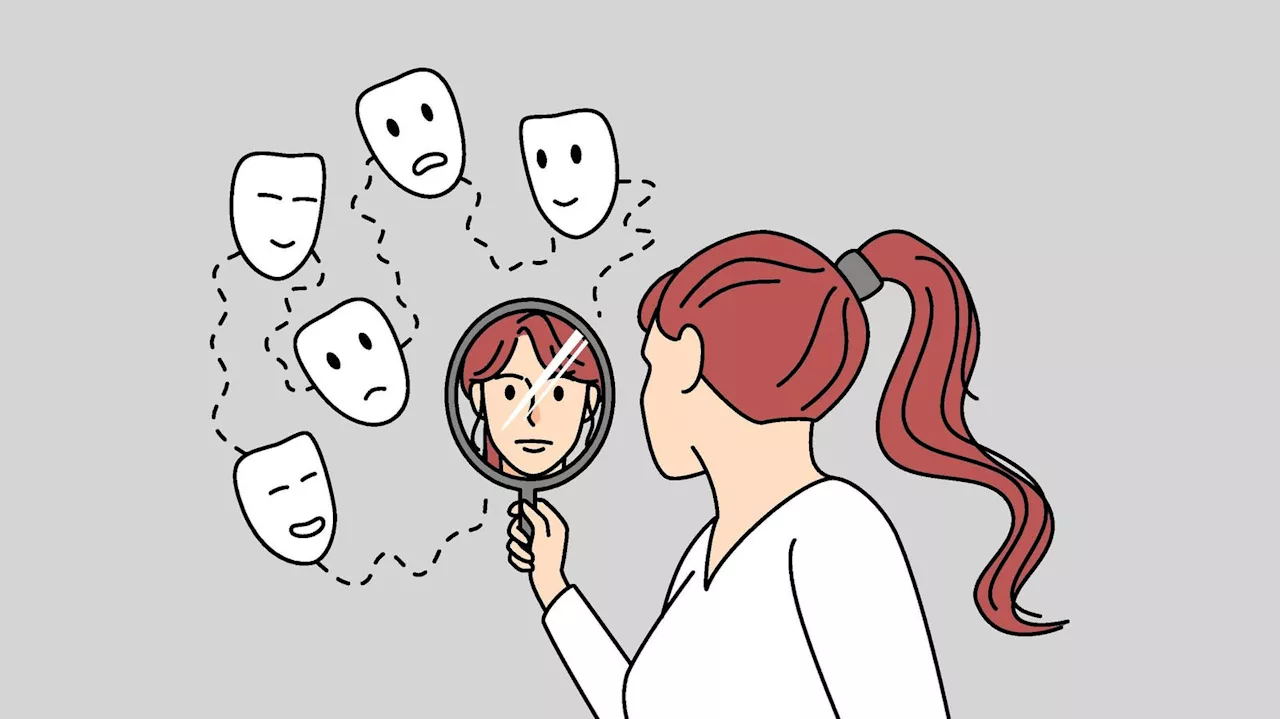Mark Travers, Ph.D., is an American psychologist who writes about psycho-educational topics such as happiness, relationships, personality, and life meaning. He holds degrees from Cornell University and the University of Colorado Boulder.
Many people come to therapy expressing deep confusion about their emotions, often voicing concerns that seem contradictory at first glance. They share struggles such as:
“I feel guilty for feeling lonely when I know I’m surrounded by people who care about me. It makes me wonder if there’s something wrong with me.” Loneliness often breeds in spaces where we avoid deeper conversations—those moments where you open up about your fears, dreams or even just how youbacks this up: sharing personal, meaningful things with others is linked to greater happiness and well-being.
The key is to acknowledge your emotions, both to yourself and to others. Expressing what you're going through helps others understand why you may seem quieter or less engaged. In fact, ashows that expressing affection has significant individual and relational benefits, such as increased happiness, self-esteem and relationship satisfaction, along with reduced fear of intimacy and depression.
If you’re feeling emotionally distant, take a moment to reflect on whether there’s an unresolved conflict or unspoken issue with someone nearby. Is there something weighing on your mind that hasn't been addressed? If so, it’s important to tackle it in a way that creates understanding, not blame. Remember, the relationship you have with yourself forms the foundation for all other relationships. When you feel secure, content and compassionate toward yourself, it becomes easier to connect with others in a more meaningful way. By nurturing your own emotional needs, you make yourself more open and available to the love and connection around you.
Self-Isolation Unresolved Conflict Shallow Interactions Small Talk Emotional Mismatch Internal Loneliness Social Media Comparison Mark Travers Loneliness
United States Latest News, United States Headlines
Similar News:You can also read news stories similar to this one that we have collected from other news sources.
 A Psychologist Explains The ‘Blue Dot’ Theory In Social InteractionsMark Travers, Ph.d, is an American psychologist who writes about psycho-educational topics such as happiness, relationships, personality, and life meaning. He holds degrees from Cornell University and the University of Colorado Boulder.
A Psychologist Explains The ‘Blue Dot’ Theory In Social InteractionsMark Travers, Ph.d, is an American psychologist who writes about psycho-educational topics such as happiness, relationships, personality, and life meaning. He holds degrees from Cornell University and the University of Colorado Boulder.
Read more »
 A Psychologist Explains Love’s ‘Scarcity Principle’Mark Travers, Ph.D., is an American psychologist who writes about psycho-educational topics such as happiness, relationships, personality, and life meaning. He holds degrees from Cornell University and the University of Colorado Boulder.
A Psychologist Explains Love’s ‘Scarcity Principle’Mark Travers, Ph.D., is an American psychologist who writes about psycho-educational topics such as happiness, relationships, personality, and life meaning. He holds degrees from Cornell University and the University of Colorado Boulder.
Read more »
 A Psychologist Explains The Fine Line Between Charisma And NarcissismMark Travers, Ph.D., is an American psychologist who writes about psycho-educational topics such as happiness, relationships, personality, and life meaning. He holds degrees from Cornell University and the University of Colorado Boulder.
A Psychologist Explains The Fine Line Between Charisma And NarcissismMark Travers, Ph.D., is an American psychologist who writes about psycho-educational topics such as happiness, relationships, personality, and life meaning. He holds degrees from Cornell University and the University of Colorado Boulder.
Read more »
 IFS founder Richard Schwartz on the children — and the parents — in our minds.Psychologist Richard Schwartz, founder of Internal Family Systems, explains the key ideas behind his influential therapy.
IFS founder Richard Schwartz on the children — and the parents — in our minds.Psychologist Richard Schwartz, founder of Internal Family Systems, explains the key ideas behind his influential therapy.
Read more »
 Kate Roberts Ph.D.Kate Roberts, Ph.D., is a consulting school psychologist and former professor of psychiatry at Brown University.
Kate Roberts Ph.D.Kate Roberts, Ph.D., is a consulting school psychologist and former professor of psychiatry at Brown University.
Read more »
 5 Reasons Why Your ‘Type’ Isn’t Working For You—By A PsychologistMark Travers, Ph.D., is an American psychologist who writes about psycho-educational topics such as happiness, relationships, personality, and life meaning. He holds degrees from Cornell University and the University of Colorado Boulder.
5 Reasons Why Your ‘Type’ Isn’t Working For You—By A PsychologistMark Travers, Ph.D., is an American psychologist who writes about psycho-educational topics such as happiness, relationships, personality, and life meaning. He holds degrees from Cornell University and the University of Colorado Boulder.
Read more »
